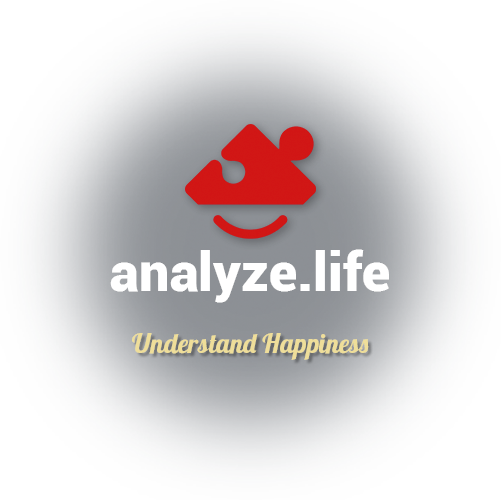


It won’t be of surprise to read that in recent years, our health and lifestyle have become hot topics and that we are being encouraged to change a few habits in pursuit of better, healthier ones.
This is visible in the upsurge of organic food shops, wellness clubs, wearable fitness technology and even the offering of health, fitness and happiness apps in the app stores. Big brands are developing digital products to improve people’s life in a variety of ways; from apps that offer guided meditation to ways to cope with anxiety and depression, the digital environment is crowded with products aimed to help people increase their wellbeing.
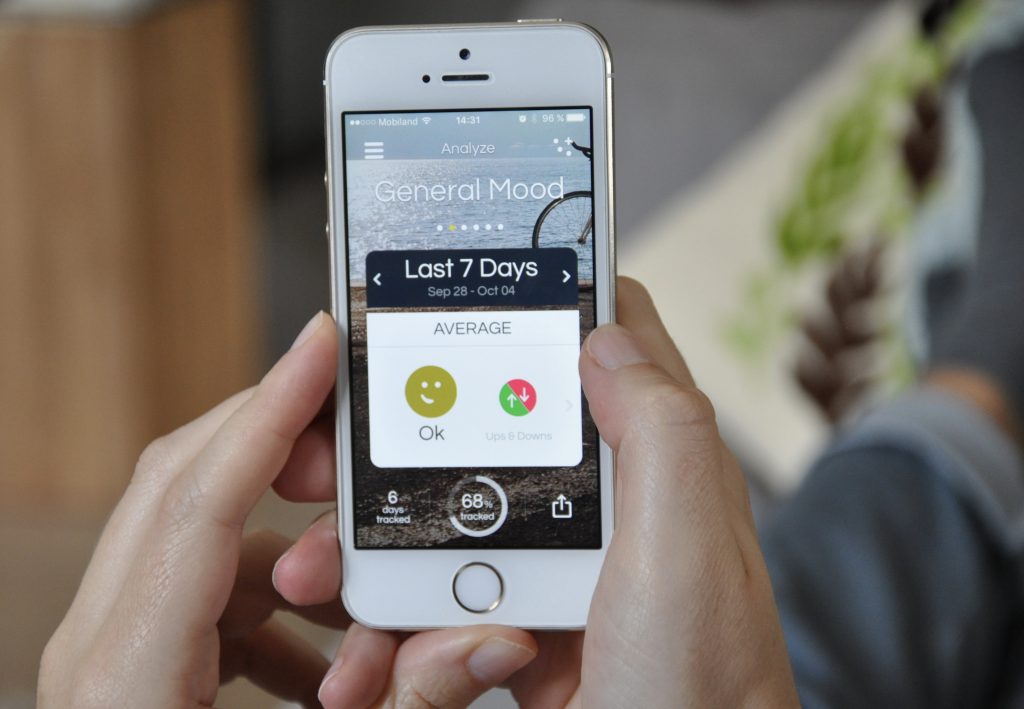
The intersection between the digital world and positive psychology, health and mental wellbeing has been welcomed by mobile users, who find in technology an easy way to monitor, track and improve their habits and performance from their own devices.
Happiness apps seem to be the next big thing. There are a few out there, and some of them very effective in their mission, but analyze.life has some unique features that make it stand tall among the others: it’s the only one with a focus not just on personal wellbeing but also on social wellbeing, and it truly helps you connect with your close circle to give them your support and to receive their encouragement.
Throughout the day, we are unconsciously observing, synthesising, analyzing and evaluating information. Whether about decisions to be made at work or personal sensations, we are constantly applying our critical thinking.
Introspection the observation and examination of our conscious thoughts, feelings and emotions, and involves making a pause and taking a break from our responsibilities – maybe that’s why introspection and self-reflection may seem like a lost art.
However, there is plenty of evidence that living more mindfully – i.e. being more present – is an almost sure way to a happier life.
Why? Because by becoming more aware of all the good things around us and of our feelings, little by little we start understanding and appreciating them. And it is thankful people who are happy, not the the other way around.
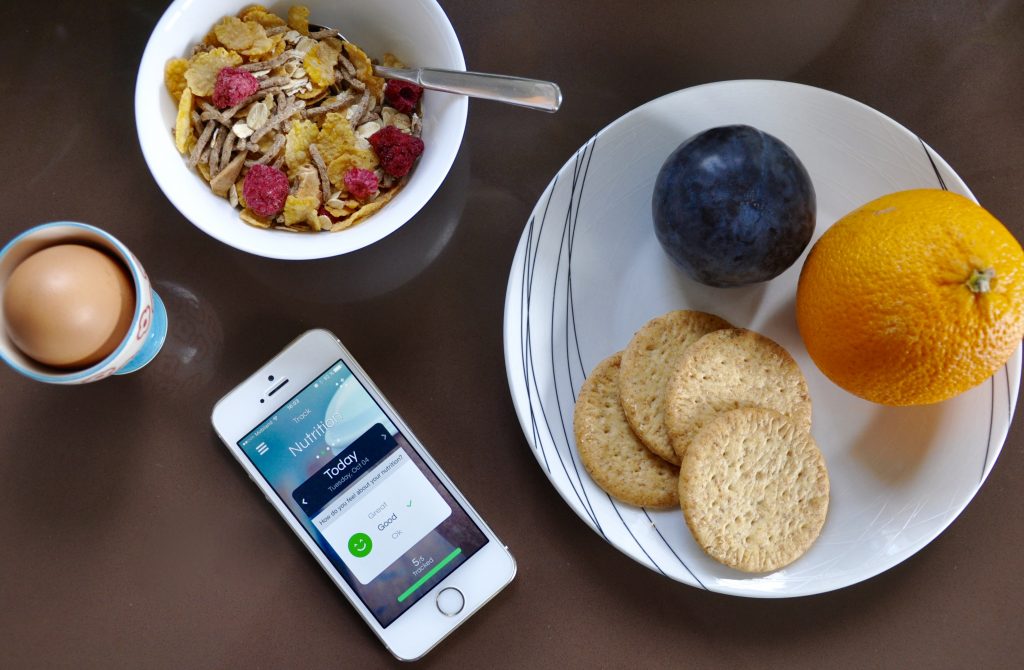
analyze.life goes in that direction. Our happiness app helps you track your feelings about various aspects of your day that clearly impact on your happiness and wellbeing: your mood, your sleep quality, your own feelings about your nutrition, how you feel at work and, an interesting one for its weight on happiness: how kind you’ve been.
The more you track, the more information the application can give you back: your calculated level of happiness for your chosen period, comparative data such as your positive or negative progress in relation to certain tracked periods, your best and worst runs, and a correlation graph that will allow you to see for yourself how your happiness is affected by these other aspects of your life that analyze.life will help you track. The best part of it is that it only takes you one minute of your day and it’s super easy to do it!
We need that minute, that moment a day to pause and make a balance of our day and our sensations.
If we never stop to notice how we feel, to become aware or mindful of ourselves and our surroundings, how can we be in control of our lives?
A crucial factor in our happiness and mental wellbeing is our connection with our friends and family in particular, and with our community in general. Having a supportive network and people we know we can trust is a strong human need (remember Maslow’s hierarchy of needs?). Therefore, our happiness app includes a social function. Users of analyze.life can see their friends’ and family’s happiness level, as well as how they are doing in the other categories they track.
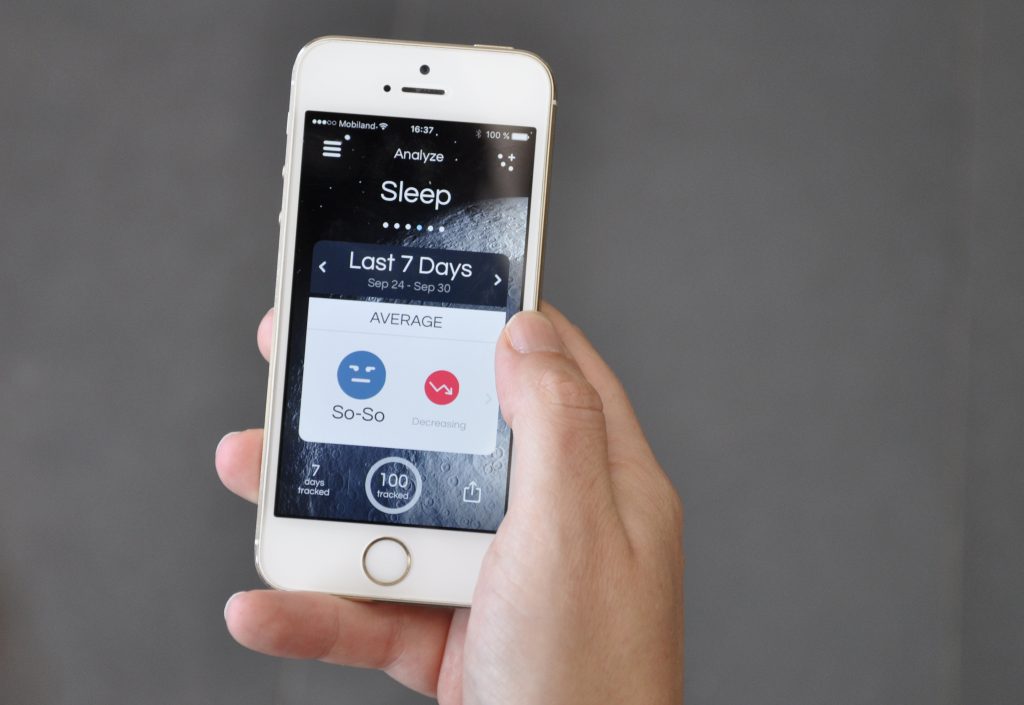
Is someone you care having trouble sleeping well or have feeling bad at work for some time now? analyze.life allows you to send them virtual hugs which, although a simple and quick way to show you care, surely kickstarts a stronger connection with them.
An important added value to this feature is that both you and your loved ones can get notified of each other’s feelings so you can both monitor and encourage each other. This is excellent to keep everyone connected and checking on each other’s progress.
The common misconception is that we are either happy or unhappy because of what life has thrown at us; if we are lucky to be born in a loving family with an acceptable income, if nothing too bad has happened to us, if we’ve grown up to become adults and have a job we like, a partner to love, and if we can go on holidays every year, then of course we are going to be happy. And there may be few reasons to be happy if the opposite applies and our life and happiness seem to be paved with obstacles.
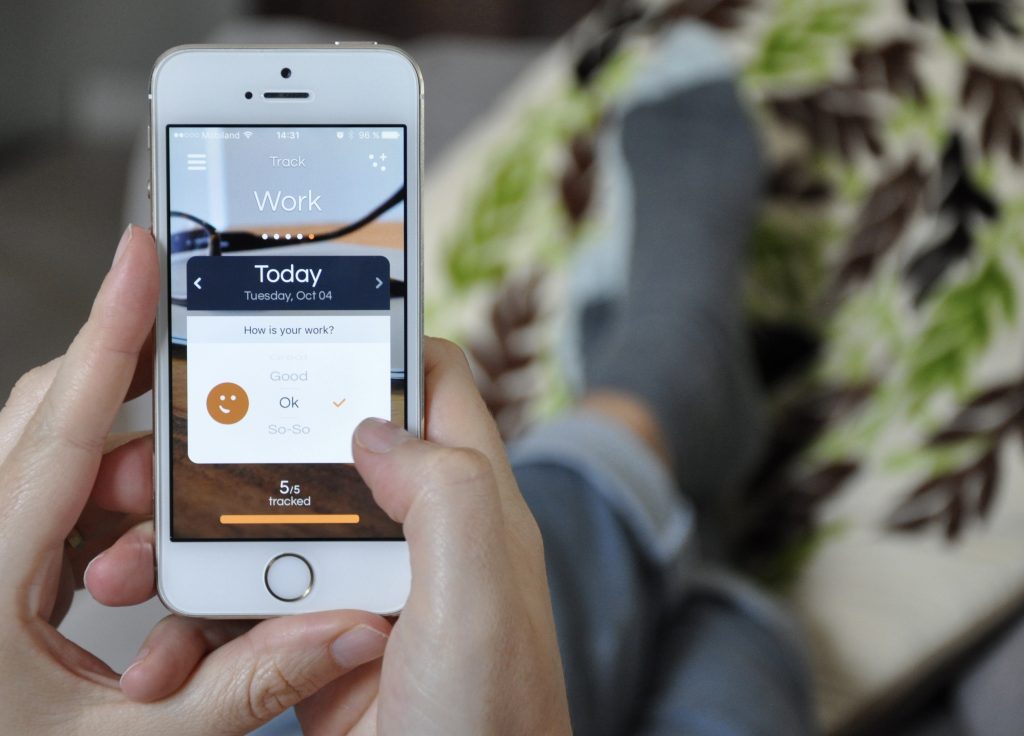
Sure enough, all those factors affect our wellbeing and mood, but you would be surprised to know that our attitude plays a much more important role than any random, unfortunate event. More than you would think so. But that’s another story that we will tell in a different publication.
What it is important for you to know is that happiness depends upon ourselves, upon our own actions, attitude and behaviour, and that even when there are many events and situations in life that we may not be able to avoid, there are many things that are indeed under our power to control. It goes without saying then that our focus should be on them.

Technology is here and handy, and should be an ally to our wellbeing goals. Digital wellbeing is expanding, fitness apps are booming, guided meditation apps are becoming increasingly popular, and happiness apps through self-tracking, self-monitoring and self-assessment are here to help us in our journey to a happier life.
The general shift in attitude that people have adopted has reached a tipping point. People have realized that taking better care of themselves with healthier diets, better sleep routines, more physical exercise, and a balance between work and family or personal time dramatically improve their quality of life, wellbeing, and long-term happiness level.
It’s in your hands. It’s in your pocket. So, what are you doing today?